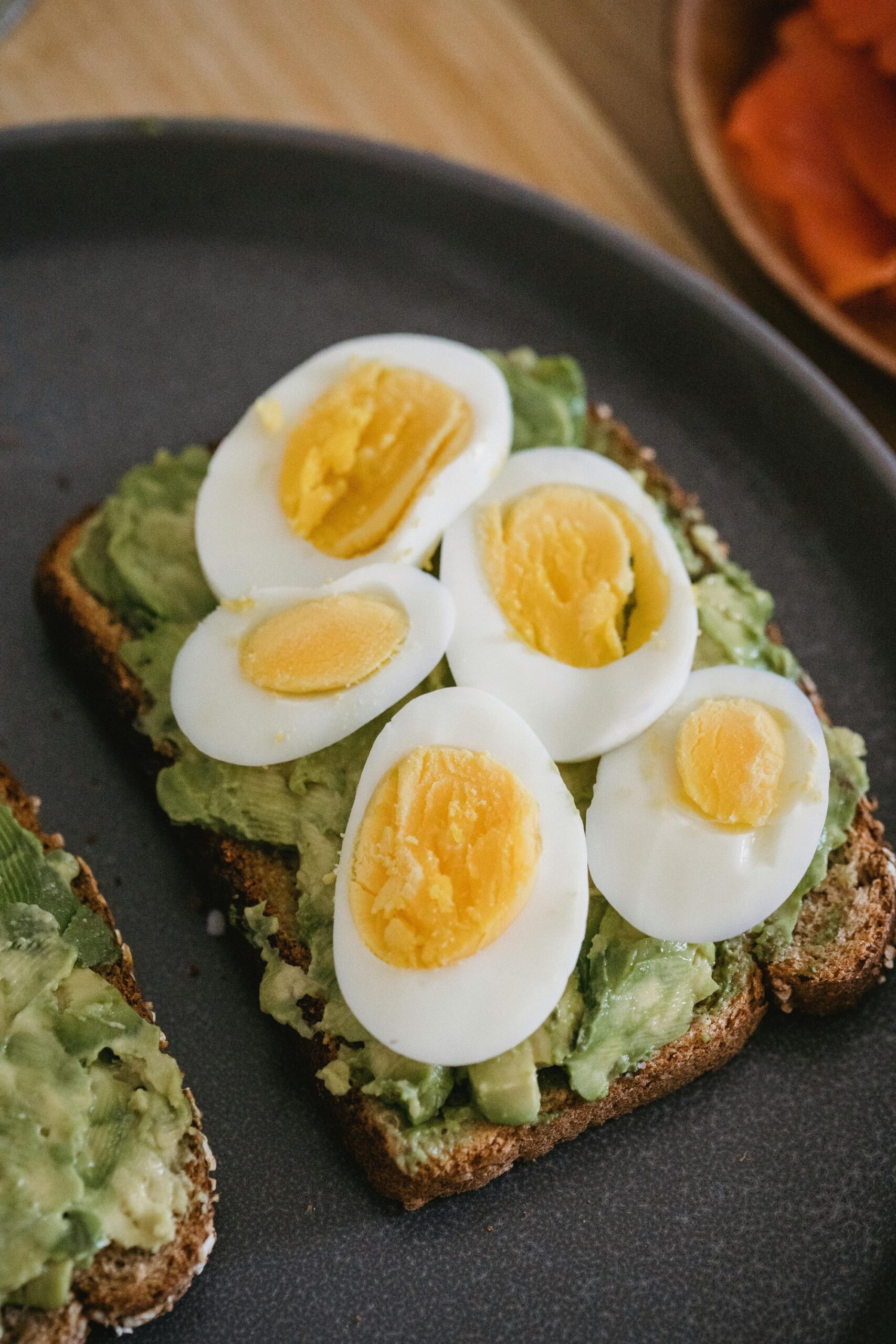Boiled eggs is a quick and simple approach to incorporate a few key nutrients, such as antioxidants, B vitamins, and choline, if you’re looking for a nutrient-dense meal.
According to Jeremy O’Neal, a board-certified specialist in obesity and weight management and a licensed dietitian nutritionist specialist in the UI Health Bariatric Surgery Program, boiled eggs are among the healthiest types of eggs to consume because no additional oils or fats are added during the cooking process.
Overall, boiled eggs are a high-protein, low-calorie food. What else can we learn about this breakfast mainstay? We asked the experts to explain all the nutrients in boiled eggs, their true protein content, and why, for the majority of people, they’re a terrific addition to a regular, well-balanced diet.
How many calories in an egg?
One large boiled egg contains 72 calories, nearly 5 grams of fat and around 1.5 grams of saturated fat, says O’Neal. Eggs, and egg yolks in particular, pack a punch with vitamins and minerals. They’re a good source of vitamin A, B vitamins, riboflavin, folate, iron and zinc, he says.
According to him, eggs are also among the richest suppliers of choline, a mineral that is particularly crucial during pregnancy because it promotes the synthesis of acetylcholine, which eases muscle contractions. According to Dr. Amar Dave, a lifestyle medicine specialist with MedStar Health, choline has also been demonstrated to be significant in supporting cognitive performance in older persons.
What is the protein content of an egg?
According to O’Neal, a big boiled egg has about 6 to 7 grams of protein. Although boiled eggs are high in protein, they cannot satisfy all of your daily requirements for protein, which is necessary for both muscle growth and repair.
Your body weight and level of exercise determine how much protein you consume. According to Harvard Health, people should consume at least 0.8 grams of protein per kilogram of body weight, which is the recommended dietary allowance (RDA).
According to O’Neal, a person weighing 180 pounds should consume around 65 grammes of protein daily. If you’re a really active individual, you’ll need to ingest somewhat more protein than the usual person—between 1.2 and 2 grammes per kilogramme of body weight. According to him, it’s also advised that pregnant women consume more protein than the typical person, 1.1 grammes per kilogramme of body weight.
How frequently may I consume cooked eggs?
According to O’Neal, most people may consume two to three boiled eggs a day as part of a balanced diet if they so want.
Eating a wide range of fruits, vegetables, grains, dairy products (or soy substitutes), healthful oils, and meals high in protein is advised by the Dietary Guidelines for America 2020–2025. Diversifying your protein sources is particularly crucial, according to Dave. Think about including a variety of lean meats, poultry, and eggs to help you reach your protein targets. He suggests consuming foods like steel cut oats, lentils, seeds, legumes, and tofu as plant-based protein sources.
Can I eat boiled eggs if I have high cholesterol?
You may have heard that if you have high cholesterol, you should either eat less eggs or stay away from them completely. According to O’Neal, consuming the egg yolk, which contains the majority of the dietary cholesterol, is the main cause for worry about eggs and cholesterol. According to USDA’s Food Data Central, a large egg has around 200 milligrammes of dietary cholesterol.
Dave adds, “Eggs are undoubtedly a higher source of dietary cholesterol, but it has not been well proven that regular dietary cholesterol consumption is linked to high (blood) cholesterol and coronary artery disease.” A 2022 review in Nutrients states that current studies have yet to prove a direct correlation between blood cholesterol and food, a topic of discussion that has persisted for decades.
Therefore, it’s definitely more crucial to focus on the quantity of saturated fat that a boiled egg contains if you’re at risk for high cholesterol. That’s because, according to Dave, diets heavy in saturated fat are closely linked to elevated blood cholesterol, which raises your risk of heart disease and stroke. However, you don’t have to completely avoid cooked eggs just because you have high cholesterol. According to O’Neal, boiled eggs can be a healthy, high-protein addition to your diet if you’re eating a balanced diet that reduces your intake of saturated fat in other ways, such as replacing red meat with lean meat, avoiding highly processed foods, and eating a lot of vegetables instead.
Also read :

1 thought on “Are boiled eggs good for you? Here’s what experts have to say”